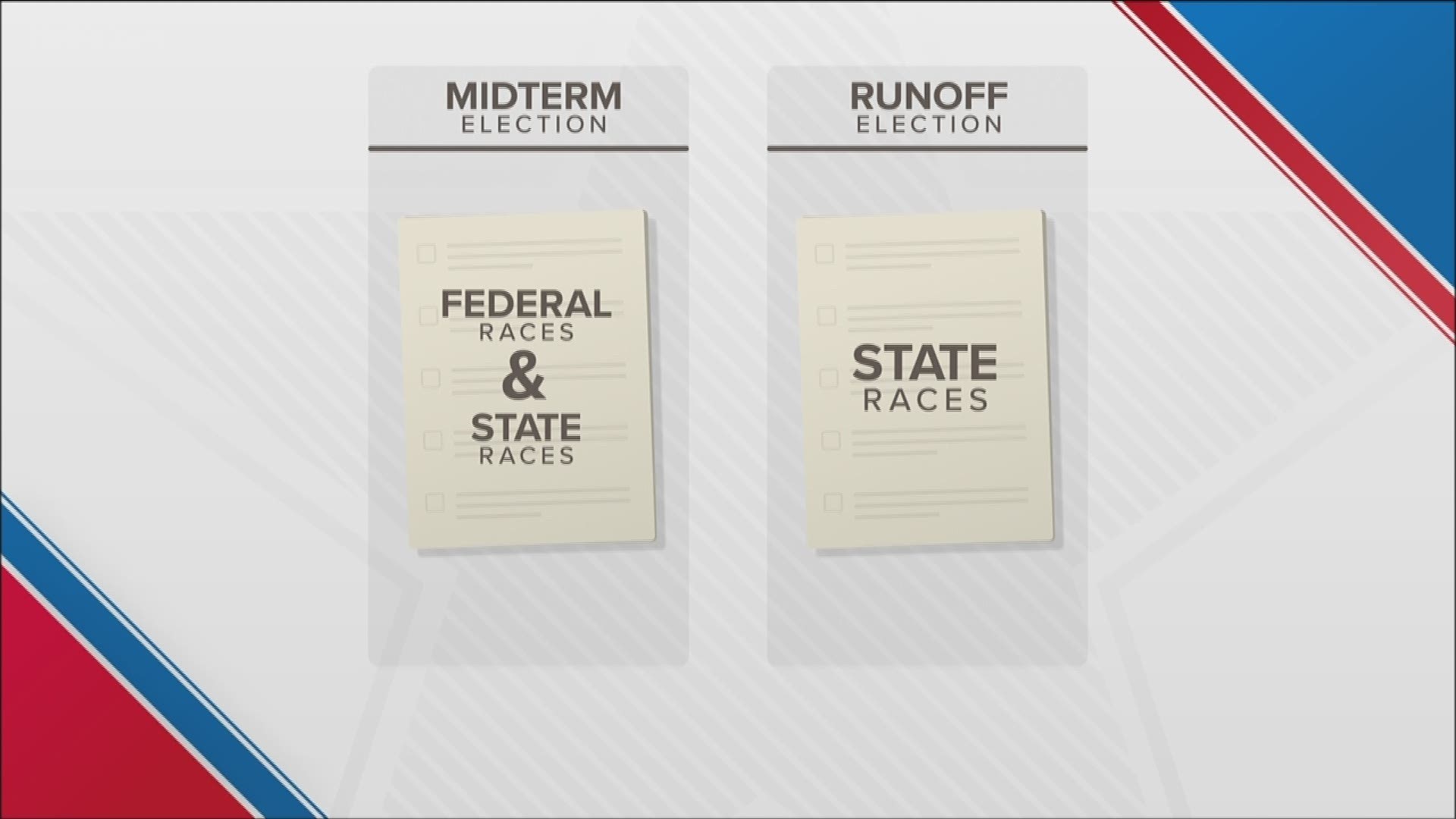Georgia’s Secretary of State settled a lawsuit Wednesday that will allow people who speak limited English to be able to select their language interpreter of choice. The exception to that is that it can't be their employer or a union official.
The lawsuit was filed on behalf of Jin Kwon, a 65-year-old Korean man who doesn’t speak fluent English. Kwon voted in the recent midterm election with the help of an interpreter.
While he was able to cast his ballot in November, under current law, Kwon wouldn’t have been able to vote in the runoff election. That’s because the law allowed you to have an interpreter of your choice for a federal election, but not a state election.
In Georgia’s current runoff election, only statewide races are on the ballot – so Kwon would have only been able to use a close family member or interpreter registered in his precinct to cast his ballot.
Kwon doesn’t have any family nearby who speaks English fluently, and counties don’t facilitate an interpreter.
This is not just a victory for Kwon – but for the thousands of voters who do not speak fluent English statewide, said leaders of Asian Americans Advancing Justice, the non-profit group that brought this lawsuit forward.
“There are about half a million people in the state of Georgia who are limited-English proficient,” said Phi Nguyen, the litigation director for Asian Americans Advancing Justice.
Nguyen said voting can be confusing and complicated, even for people who speak fluent English.
“Multiply that times five for someone who – one, didn’t grow up here and is unfamiliar with the system – and two, English is their second, third or fourth language,” Nguyen said. “Imagine how intimidating the process is.”
Kwon has been in the United States for nearly 30 years. While he is just one person, there are many who aren’t comfortable voting in a language they aren’t fluent in, without help.

